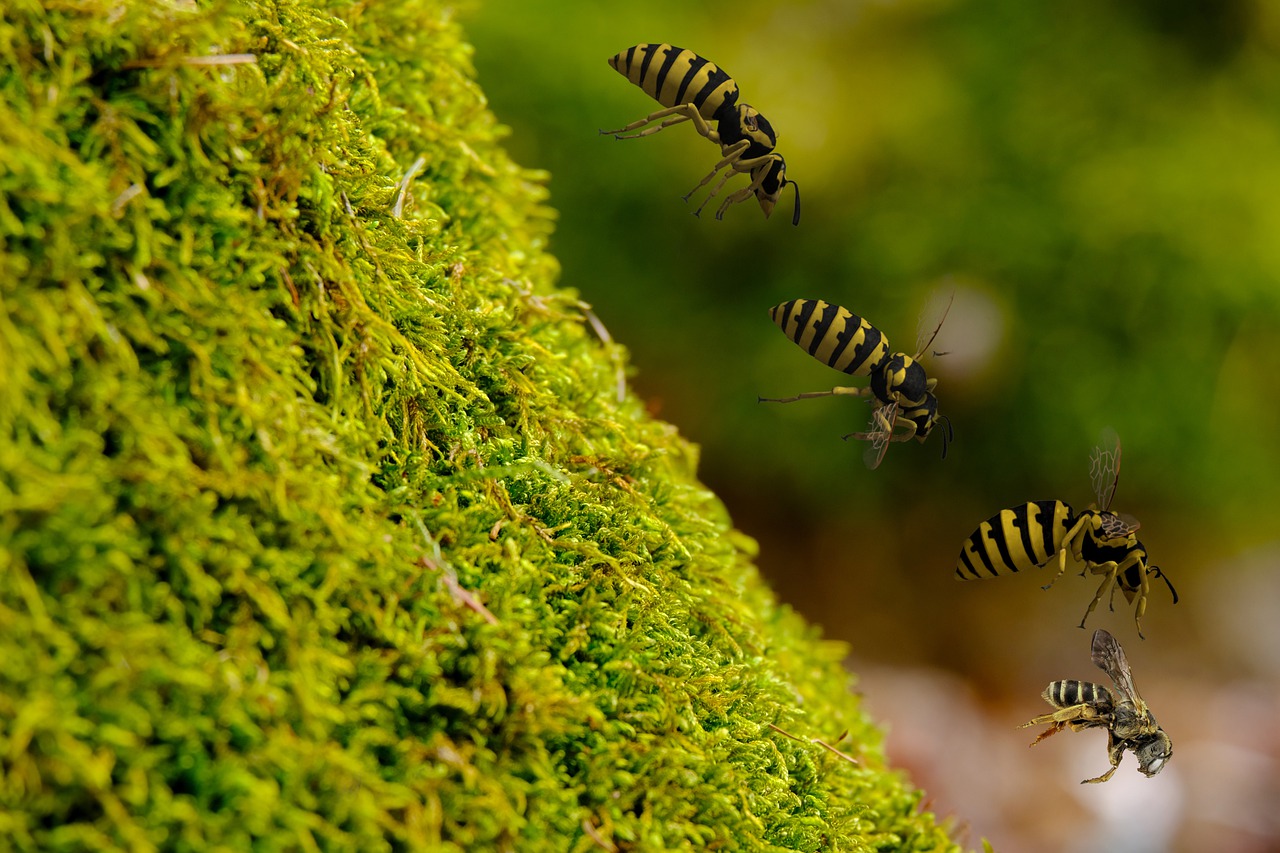Wasps and hornets are feared by many because of their bad reputation for attacking and stinging you. It is a shame, however, that the insects are viewed in this way but understadable why.
On average, people experience no more than five insect stings throughout their lifetime. Despite this relatively low occurrence, the fear of wasps is primarily driven by these stings, leading us to instinctively swat them away when encountered. The pain resulting from a wasp sting is generally short-lived, with the right treatment this often subsides within a couple of hours. However, a small percentage of individuals may suffer allergic reactions.
Towards the conclusion of the summer season, there is a higher likelihood of people being stung by wasps. This trend can be attributed to the specific development and functioning of wasp colonies during that period. As they initiate their preparations for winter hibernation, the wasp nests gradually decline, leading to a cessation in the production of worker wasps.
We clarify with 3 myths about wasps and hornets:
Not correct
Everyone fears the sting of a wasp or hornet. But the chance that that will happen is very slim. However, if you provoke wasps and hornets, that is, waving around you wildly, you should expect an attack on you.
Otherwise, wasps and hornets are actually not aggressive at all. Both animal species are basically peaceful. Hornets are actually more peaceful than wasps. If you are near their nest, however, you should be careful. Because then the wasps and hornets come under threat and can attack. Avoid being near the nests if possible.
Not correct
Both animals defend themselves with their painful spines. However, the hornets are larger than ordinary wasps. That is exactly what scares more people, although there is really no reason for it.
What is true, however, is that a hornet's sting hurts more and can swell more. This is due to the size of the sting and thus also the sting or the wound in your skin. Hornets are larger, and also have a longer and thicker stinger that penetrates deeper into the skin. A hornet sting is not more poisonous or aggressive for the human body.
Not correct
If you have a wasp flying around in front of you, it's normal that you want to scare it off. Blowing it away is a very bad option. When you blow, you exhale carbon dioxide, which signals danger and triggers the alarm condition in the wasp. In the alarm state wasps do not flee, but instead attack us. From their point of view, this is considered a defense. Therefore, you should never try to blow away a wasp or hornet.
